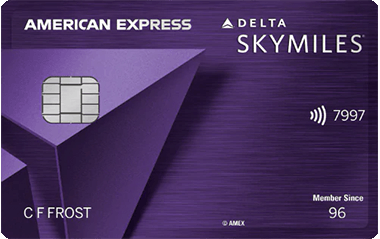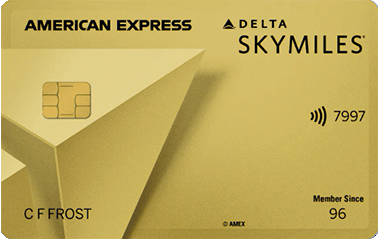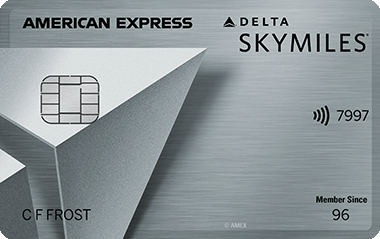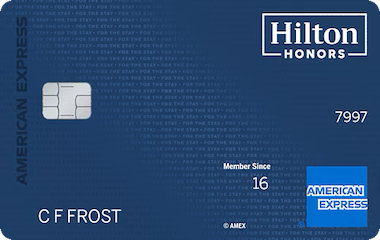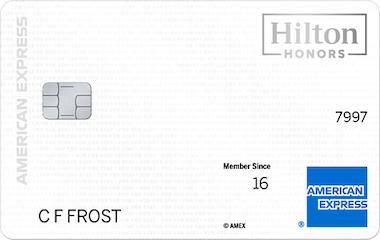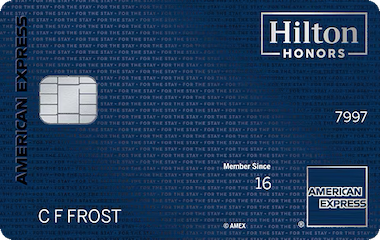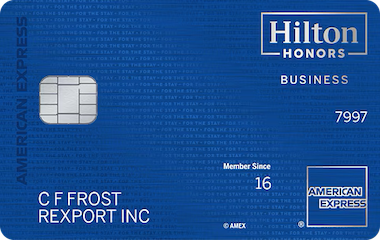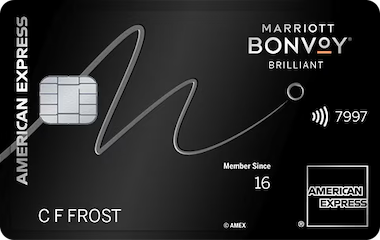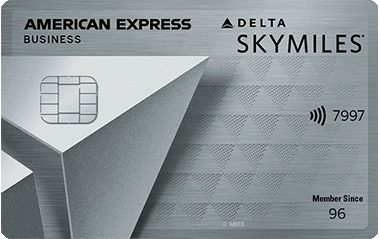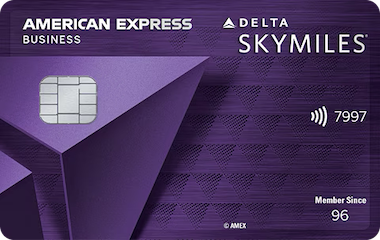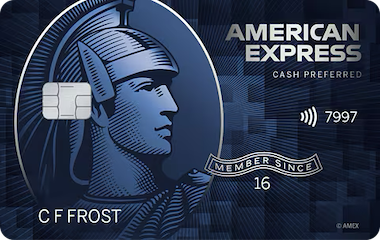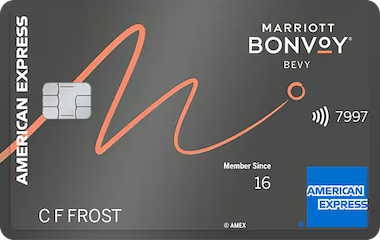Approval Rules Amex 3/90
You'll be declined if you apply for a third Amex card in 90 days
Deep Dive into the Amex 3/90 Rule
You'll be declined if you apply for a third Amex card in 90 days. Since American Express cards aren't subject to the 5/24 rule (and Amex business cards don't count towards 5/24) this rule might be easier to trigger if you have a business with a considerable spend -- and are applying for multiple Amex business cards in a short span. We'll keep track and warn you if you attempt to apply for a card in this time period. Some people have been approved for a third card, but we generally don't suggest pushing the limits, so when we warn you that you've tripped this rule, we will use two cards.
Charge cards vs. credit cards
One thing you should be aware of regarding American Express is the difference between charge cards and credit cards. Some of Amex’s cards are charge cards, which are different from credit cards in that you must pay off the balance in full each month. There is no pre-set spending limit on these cards. American Express does offer the ability to pay over time, essentially turning these charge cards into credit cards, by having a minimum payment and charging interest, usually at a very high rate.
Important to know:
The following cards are considered charge cards:
- American Express Plum
- American Express Green
- American Express Gold
- American Express Platinum
- American Express Business Green
- American Express Business Gold
- American Express Business Platinum
If you research this rule more, you'll see some sites say that this rule does not apply to the above charge cards and is a way to get around being approved for more than two cards in 90 days. You'll see other sites that say this rule does indeed apply to charge cards and you will be denied for a third card regardless of whether or not it's a charge card or a credit card. If you peruse points and miles forums, you'll see more of the same - some people say they have applied for and been approved for two credit cards and then for a charge card (or two) in a 90 day period. Some say they have not. So what to make of this?
We leave the charge cards out of this rule, meaning you won't trip this rule if you've applied for two "credit cards" from American Express then apply for one of the above "charge cards" in a 90 day period. This means you can get any of the above cards plus two traditional credit cards from Amex within 90 days and not trip this rule. Just because you could do that doesn’t necessarily mean you should though. We always suggest taking a more cautious approach to points and miles because that will keep you in the hobby longer.
Related Rules
How Does This Affect Your Credit Card Strategy?
Because of the distinction between charge and credit cards and the high value charge cards offered by American Express, this rule shouldn’t come into play often. Like all velocity rules with any bank, it’s important to be aware of this rule, but as long as you follow our overall strategy for opening cards, you shouldn’t trip this rule. If you load your cards into our system and keep them up to date, we’ll alert you so you don’t ever violate this rule.
Important to know:
Your best chance for tripping this rule is if you have a big spend coming up and open a card just for that purpose. You may meet the signup bonus spending requirement with one purchase and be ready to open a new card immediately. If you open a second card and neither are charge cards, then you will have met the maximum requirement for this rule and won’t be eligible to open another American Express credit card until 90 days have passed since your first approval. You should still be eligible to receive charge cards, though.
Importance of this Rule
* * *
This rule is important for a couple of reasons. First, this may be your first introduction to the difference between credit cards and charge cards when it comes to American Express. Since different rules apply based on that distinction, and many of the charge cards are high value cards, it’s an important difference to be aware of.
Second, tripping this rule would require you to apply for three cards in three months. Regardless of rules, we don't generally suggest churning through cards that quickly. By rule you may be able to do this, especially if you mix in a charge card or two or cards from other banks. But getting that many cards in that short a time period is not sustainable and will eventually raise red flags if you continue at that pace. Applying for that many cards in a three month period may be something you do every so often, particularly if you have one big purchase that will meet a signup bonus spending requirement, but don’t make it the norm.
Cards Subject to This Rule
FAQs
Are there exceptions to this rule?
Yes, American Express has seven charge cards - four personal and three business - that don’t count for this rule.
How do I check my status?
The easiest way to track this and all the other rules put forth by credit card companies is to load all your cards into the Points Navigator. If you do that, we’ll do all the hard work for you and let you know when you trip one of these many rules.
Do business cards count for this rule?
Yes, business cards that are credit cards and not charge cards do count for this rule. The three charge cards that are business cards are the only American Express business cards that don’t count against this rule.
Do product changes on existing cards count for this rule?
No, if you downgrade (or upgrade) to a different card, that is not considered applying for a new card. Receiving a product switch for a different card shouldn’t impact this rule.
About Approval Rules
Collecting credit card points is largely driven by understanding and abiding by bank rules regarding approval (or disapproval) of cards. So here's what you need to know:
- Approval rules are rarely fully publicized by the banks
- We use our own research and data points from other users in creating the rules listing
- Our goal in sharing/using the rule listings is to provide you guidance to avoid getting declined
- There can sometimes be exceptions to the rules, but we try to take a more cautious approach in advising you.



